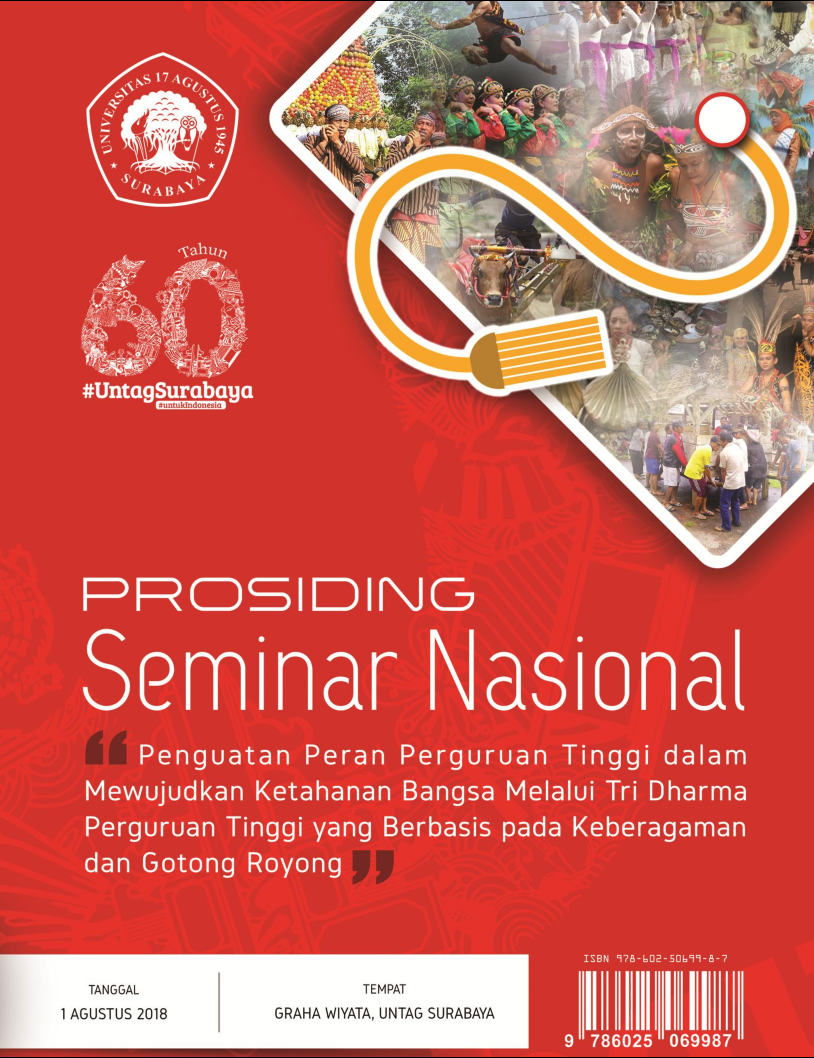PSIKOEDUKASI DAN PELATIHAN “EDAâ€(EKSPRESI DIRI UNTUK ASERTIF) SEBAGAI UPAYA MENCEGAH SEKS BEBAS PADA REMAJA
Abstract
The important of assertive attitude to each individual is to fulfill the need and willingness, for instance in socialization to our neighbourhood specifically in teenagers who are interested in different sex. The development of teenagers biological is more complex that enables the happen of more complex social behaviour, for instance getting relationship. The higher of that relationship in their age moreover with the pressure from their contemporary, the higher of avoiding which can guide those teenagers in case they are save in risky relationship behaviour is needed. Dedication to society has been executed in teenagers in Fatumuti, Noemuti District, Timor Tengah Utara Regency, East of Nusa Tenggara Province. This dedication aims at helping the teenagers in developing assertive attitude to avoid free sex. Dedcation methods by explaining the material, ice breaking, and exe rcise to be an assertive individual have been applied by using role playing. The research result after applying psycho-education and “EDA†exercise to the teenagers shows that there are an increasing of knowledge about assertive attitude to the teenagers , in case they understand the significant of being assertive individual and so does pre merriage sex attitude in teenagers and their impacts socially, psychologically and mental health. Keyword: Assertivity Exercise.Downloads
References
Aminuddin. 1991. Pengantar Apresiasi Karya Sastra. Bandung: Sinar Baru
Atmaja, Jiwa. 1993. Novel Eksperimental Putu Wijaya. Bandung: Angkasa
Kawabata, Yasunari. 2000. Keindahan dan Kesedihan. Yogyakarta: Jalasutra
Mido, Frans. 1994. Cerita Rekaan dan Seluk Beluknya. Ende Flores: Nusa Indah
Mukhtar. 2013. Metode Penelitian Deskriptif Kualitatif. Jakarta: GP Press Group
Corey, G. (2009). Teori dan Praktek Konseling & Psikoterapi. Bandung: PT Refika
Adiatma.
Hipwell AE, Keenan K, Loeber R, Battista D. (2010). Early predictors of sexually
intimate behaviors in an urban sample of young girls. Developmental
Psychology Journal. 46 (2): 366-378.
Lange, A dan Jakubowski, P. (1978). Responsible Assertive Behavior: Cognitive
Behavior Procedures for Trainners. USA: Research Press.
Martino, S.C., Elliott, M.N., Corona, R., Kanouse, D.E. & Schuster, M.A. (2008). Beyond
the “Big Talk’: The Roles of Breadth and Repetition in Parent - Adolescent
Communication about Sexual Topics. Pediatrics. 121: 612-618.
Rathus, S.A. dan Nevid, J.S. (1983). Adjustment and Growth: The Challenges of Life
(2nd ed). New York: CBS College Publising.
Sarwono, S. W. (2012). Psikologi Remaja. Jakarta: PT RajaGrafindo Persada
Supratiknya, A.(2011). Merancang Program Dan Modul Psikoedukasi. Edisi Revisi.
Yogyakarta : Universitas Sanata Dharma.
Rickert, V.I., Sanghvi, R. and Wiemann, C.M. (2002). Is Lack of Sexual Assertiveness
Among Adolescent And Young Adult Women a Cause for Concern?. Journal
of Perspectives on Sexual and Reproductive Health. volume 34, number 4
Stein, S.J. & Book, H. E. (2002). Ledakan EQ: 15 Prinsip dasar kecerdasan Emosional
meraih sukses. Bandung: Mizan Media Utama.
Utomo ID dan McDonald P. (2009). Adolescent reproductive health in Indonesia:
contested values and policy inaction. Studies in Family Planning Journal. 40
(2): 133-146.
Williams. C. (2000). Being Assertive. University of Leeds Innovations Ltd (ULIS)




